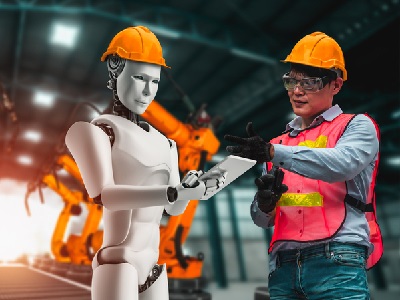

What Are the Pros and Cons of Using AI at Work?
AI is no longer just a sci-fi concept — it’s already part of our working lives. From smart assistants to data-crunching bots, AI tools are changing how we work. But is that always a good thing? And what should we be watching out for?
This quiz looks at the real pros and cons of using AI at work. We’ll explore where it helps, where it struggles, and what humans still bring to the table (hint: quite a lot). You don’t need to be a tech expert to join in — just a bit curious about how work is changing.
Whether you're already using AI at work or just wondering what the fuss is about, this quiz will give you a useful, light-hearted look at the ups and downs of tech in the workplace.
Ready for more?
not all...
quizzers. Try to win a coveted spot on our Hall of Fame Page.






